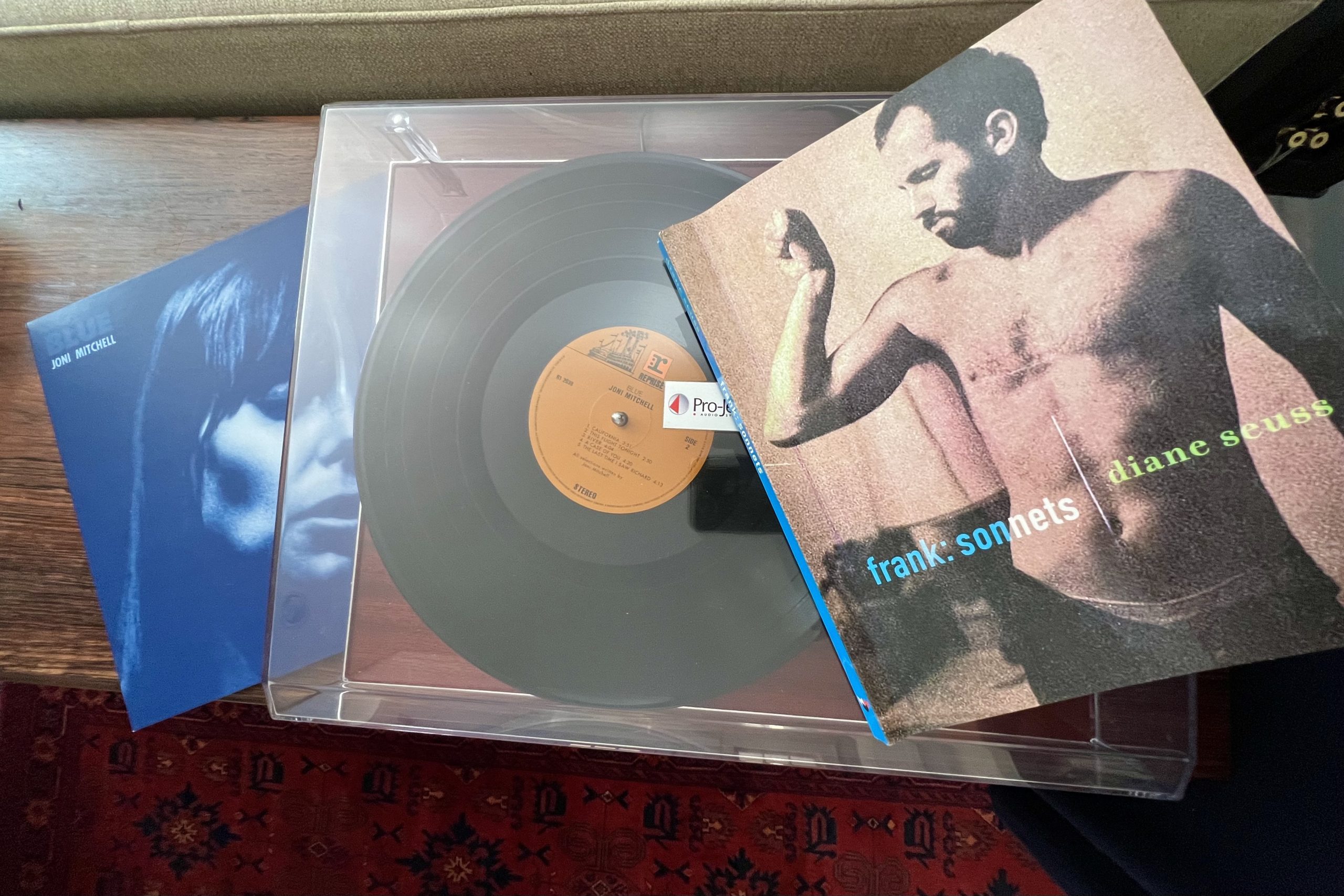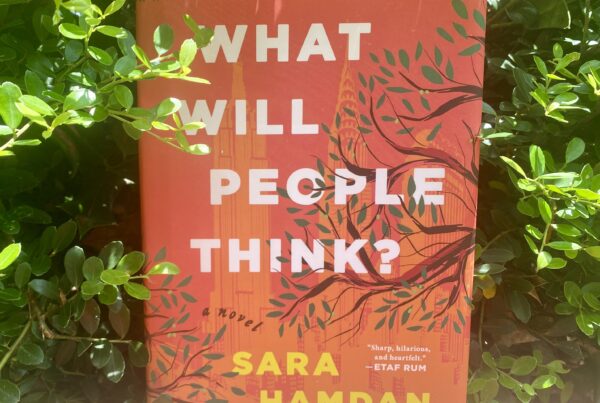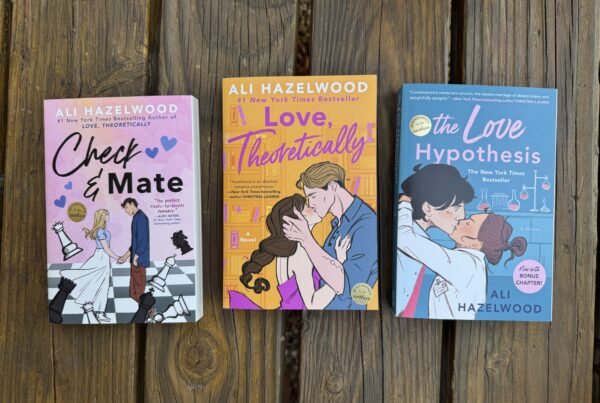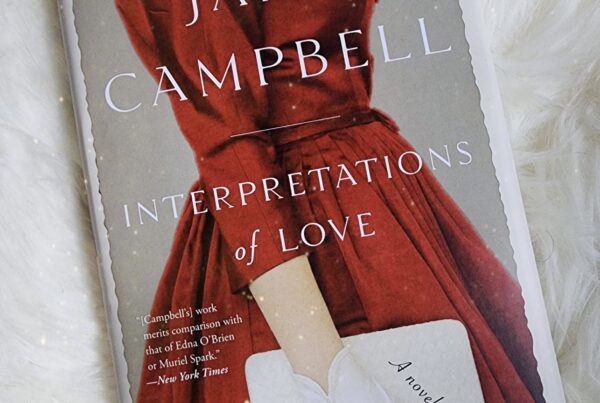It turns out, unsurprisingly, that my favorite memoirs are written by poets (Priestdaddy , Memorial Drive, The Liar’s Club to name a few); I appreciate a poet’s ability to pinpoint the essence of an experience, to convey it in vivid language. In her Pulitzer-prize-winning memoir, frank: sonnets, Diane Seuss composes in the most patriarchal of “high-art” forms, the sonnet, what Seuss knows Dante called “the moment’s monument.” In its rigid, rectangular form, the sonnet demands precision, subtraction, intensity. Transgressing and transforming are the poet’s tools, and Seuss pours her “restless search for beauty or relief” into these poems, filling them with the gorgeous, brutal flood of a woman’s life, of her specific life: a childhood of poverty in rural Michigan; a punk-adjacent wild time in NYC; abortions; a suicidal, drug-addicted son; a best friend lost to AIDS. frank: sonnets conjures the improv energy of Frank O’Hara and the jazzy soul of Amy Winehouse’s debut album; the word “frank” itself contains both the sound of no-nonsense truth telling and the promise of confession. Seuss compares the sonnet to “one frame in a long strip/of celluloid most of which will end up on the cutting-/room floor…” which gives us a metaphor not only for the form but also for the act of capturing memory: visual stills that hold the selected shot as part of a larger, moving film: remembering pieces of a life sliced from the kinetic whole.
The memoir doesn’t unspool chronologically but there are repeated images, words, and characters that connect throughout, propelled through the 14 lines that stand alone as sonnets and as part of Seuss’s story. At the center of the book, the lines overflow their breaks in a fold-out poem that tells the harrowing story of the narrator exiling crackheads from her son’s apartment and confronting her son, whose addiction, suicide attempt, and recovery are told in places in his own words as well. Bleak and beautiful, these were the poems I found most powerful, the ones about her son (“I’d authored him in my bones, he was my allegory, analogy, corollary, mirror, I forged/his suffering, his nail, his needle, his thrill…”) and the ones about Mikel, whose death from AIDS robs Seuss of her greatest love: “Out of the blue you said that once you were dead I’d never/be able to listen to Blue again, Joni Mitchell’s Blue, not just the song but the whole album./It was a minor curse you lay across my shoulders like a fur dyed blue, and so I listen now/in defiance of you. In the listening the pronoun shifts. We are listening. There is no death.”
The themes delve most deeply into loneliness—bone-deep, sought after: (“…that loneliness I once lusted for I have become”)—but there is humor, rage, love, triumph here as well. For us, there is the shock of recognition, the joy of language that burns brighter for being contained, the thrill of a witch casting her spells, of the poet reaching back to Chekhov, Joyce, Barthes, Keats, Dickinson, to the spirit of Whitman, that prolific free-verser, to give us menstruation, dishwashers, bus rides, pills, sex, C-sections, peeing by the side of the road. And like Whitman, Seuss wonders about how the poet, how the poetry lives on: “…who will say of me I kissed her who will say of me i kissed someone who kissed/her or I kissed someone who kissed someone who kissed her.”
In their clarity, urgency, and frankness, these poems and the life they chronicle are unforgettable. Buy the book, write your own sonnets, read this poem right now:
All things now remind me of what love used to be. Swollen cattails in lonely
places. Gluey conditioner in my hair. Firm books. Their variegated spines.
Swirl of words like stirred cocktail, whirled umbilicus, pulsing asterisk.
The past is this: to have been young and desirous and to be those things
no more. In the future the cattails will explode without me. I pray they will
not go unseen. Who will ride the cemetery horses? Incorrigible blond forelocks
blowing in their eyes. Back when I walked through cemeteries commenting
on the strange names. The present tense: to take a loveless path is to court
a purple-blue emptiness, like a disco or a grotto. Or the cave where dead bodies
are stored in the winter, when a shovel can’t break through frozen ground.
I have seen such spaces. I have been alone in them. Sound of water lapping.
Animals calling to each other. Echo of my own breath. Smoke pouring
from my mouth in the cold. Memory, interloper in the corner who means to kill,
heavy rock in its hand. And poetry. This poem right now. This one-night stand.




